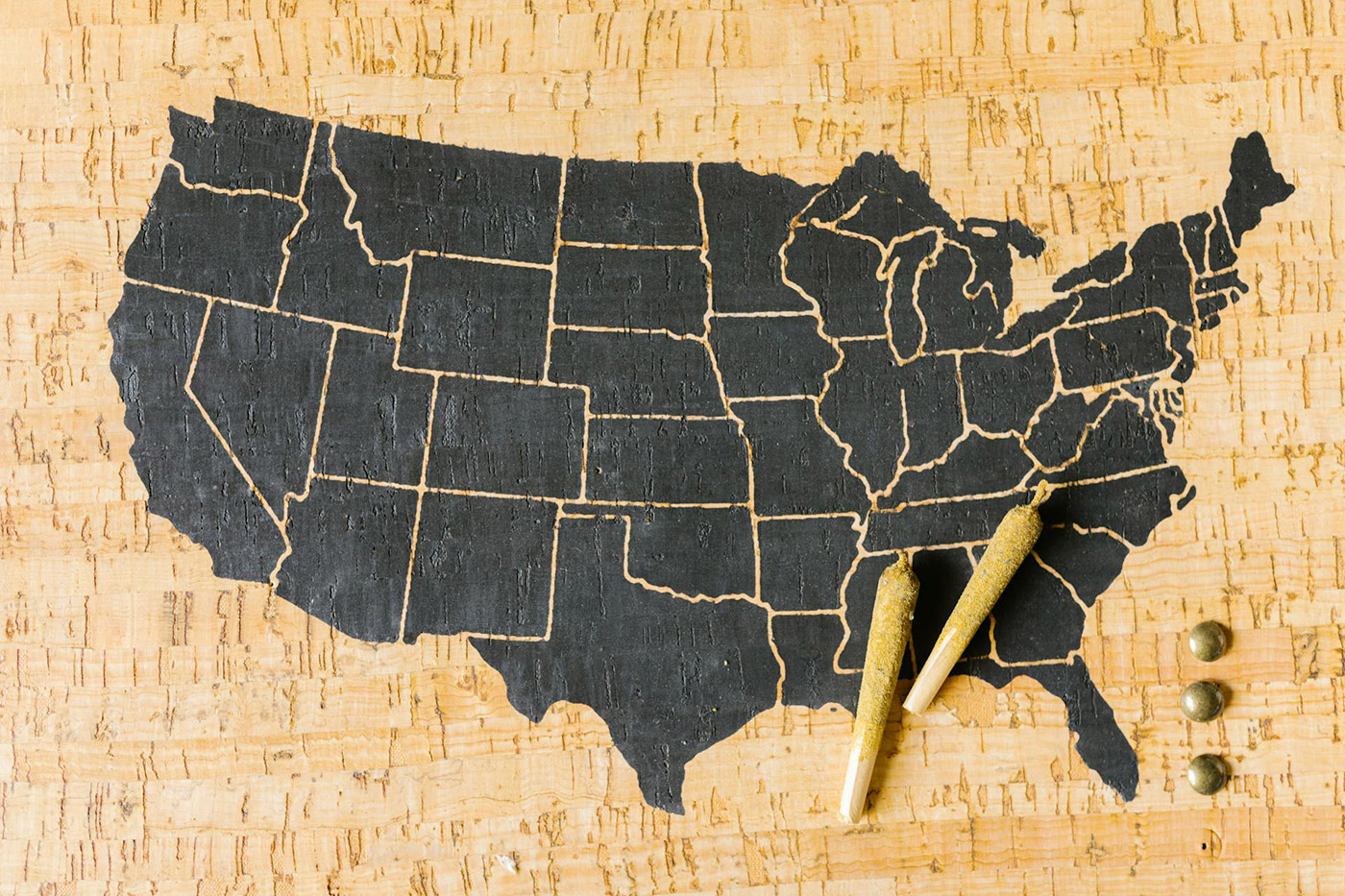NCIA’s Statement on Interlocutory Appeal in Federal Cannabis Rescheduling Hearing
The historic hearing scheduled to examine how marijuana is classified under federal law that could have potentially moved it into Schedule III of the Controlled Substances Act has been postponed indefinitely.
The DEA’s Chief Administrative Law Judge (ALJ) Mulrooney recently granted a request for leave to file an interlocutory appeal, resulting in the cancellation of the merit-based hearing and effectively pausing the proceedings for at least three months. With a new administration being sworn in imminently and a new DEA Administrator who has yet to be selected, future action remains uncertain.
The movants (Village Farms International, Hemp for Victory, Office of the Cannabis Ombudsman of Connecticut, Ellen Brown [Massachusetts Cannabis Advisory Board], and My Doc App) behind the request were Designated Participants (DPs) without standing who purport to be pro-rescheduling, despite the fact that their motion will require operators to continue paying the exorbitant tax rates that 280E imposes and has galvanized prohibitionists.
The interlocutory appeal was filed in an attempt to remove the DEA as the proponent of the rescheduling rule due to evidence the agency was biased against cannabis and had engaged in communications with prohibitionist group Project SAM and other opponents outside of the legal process.
While we agree that the DEA was unsurprisingly not free from bias, NCIA did not subscribe to this strategy because removing the DEA from its own administrative court was never a viable option and would have only resulted in delay or perhaps the end of the rescheduling process.
As the only pro-cannabis party granted standing in these proceedings, we are very disappointed in this unfortunate turn of events initiated by parties without legal standing.
“We believe this to be an ill-conceived strategy that benefits no one but the prohibitionists seeking to hinder reform,” said NCIA CEO & Co-founder Aaron Smith. “Our members need rescheduling and tax relief now, and we remain committed to advancing these reforms through whatever means available in the weeks and months ahead.”


